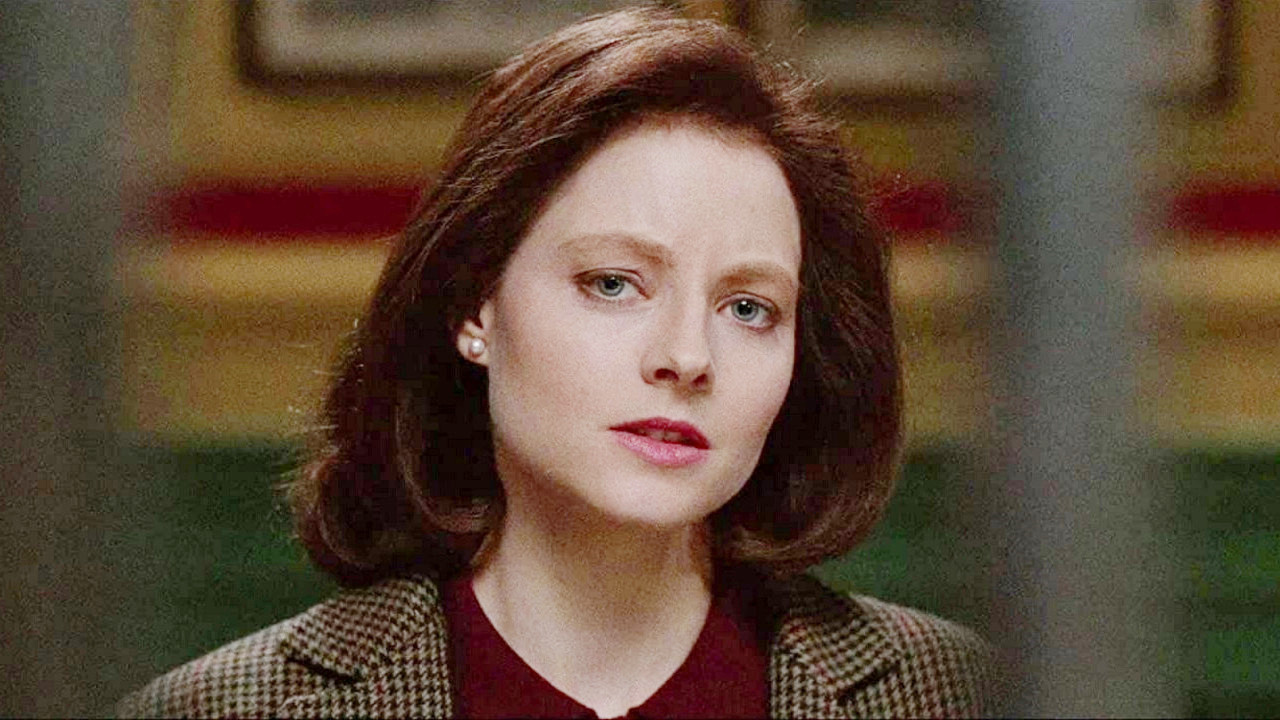
Cinephiles love to nitpick whether the Academy “got it right” every year, but we’re now closing in on a century of Academy ceremonies, and the eight-and-a-half-pound gold statuette known as the Oscar for Best Motion Picture remains the most prestigious and coveted award in world cinema.
Today, we’re turning the clock back to the final stretch of the 20th century to take stock on every Oscar recipient that took home the top prize from 1990-1999 to see how they stack up against each other. Some of the following titles were considerably well-received at the time but have since lost their luster, others are best remembered for beating far superior and iconic masterpieces, while a few hold up surprisingly well today and look pretty deserving choices in retrospect. Without further ado, here are the ten Best Picture winners of the ‘90s ranked from worst to best.
10. Shakespeare in Love (1998)
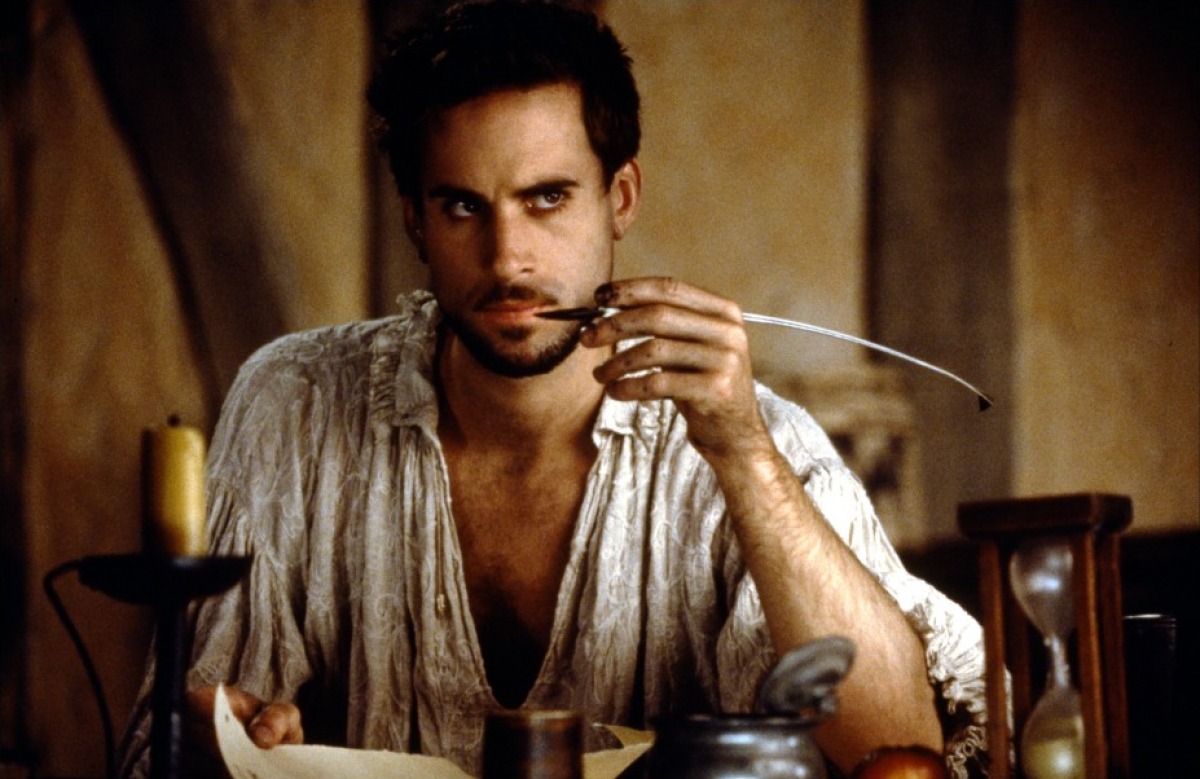
The heavyweight duo of American cinema titans of Steven Spielberg and Tom Hanks came within spitting distance of adding another Best Picture win to their impressive resumés during the 1999 ceremony for “Saving Private Ryan”, but to the shock of many, their landmark WWII drama ended up losing the biggest prize of the night to this little romantic comedy directed by John Madden.
As tempting as it is to join the critical consensus that disparages “Shakespeare in Love” for the obnoxious marketing campaign orchestrated by disgraced Miramax producer Harvey Weinstein, who essentially bullied the Academy into giving it the big Oscar nod, it’s only fair we judge the film strictly on its own terms. As to that point, well, the sad truth is nothing about it feels particularly fresh 26 years later: the ornate play-within-a-play conceit that imagines William Shakespeare suffering from writer’s block and falling head over heels in love with an attractive aristocrat auditioning for a part in his Romeo and Juliet stage play barely registers today as your average, by-the-numbers Oscar bait.
The movie is nowhere near Best Picture material, but we do retain a lot of residual love for Judi Dench’s scene-stealing turn as Queen Elizabeth. Less than nine minutes of screen time was all she needed to steal the show and snatch the Best Supporting Actress category.
9. Dances with Wolves (1990)
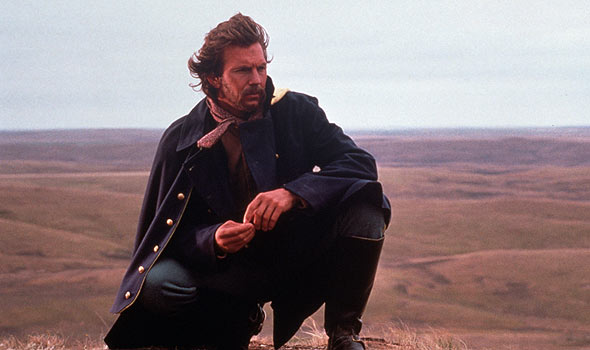
Not all Best Picture winners age like fine wine. Case in point: Kevin Costner’s long-winded novel adaptation about a despondent Union Army soldier down on his luck in the middle of the American frontier who lives among the indigenous people of the Sioux tribe, a studio tentpole that was showered in accolades back in its day but isn’t looked on so favorably 34 years on.
If you haven’t made it through the film’s soporific 180-minute mark yet, consider yourself lucky. Besides, chances are you’ve seen bits and pieces of “Dances with Wolves” already in countless other prominent examples of the so-called white savior trope in Western media (ahem, “Avatar”), in which an enlightened white dude overcomes his deep-rooted prejudices and rescues people of color from their plight. Still nowhere near as good as Martin Scorsese’s “Goodfellas” (well, duh!), and if we’re being honest here, probably not even the best Kevin Costner vehicle to be nominated in the category between 1990 and 1991 (the answer to that would be Oliver Stone’s “JFK”).
8. The English Patient (1996)
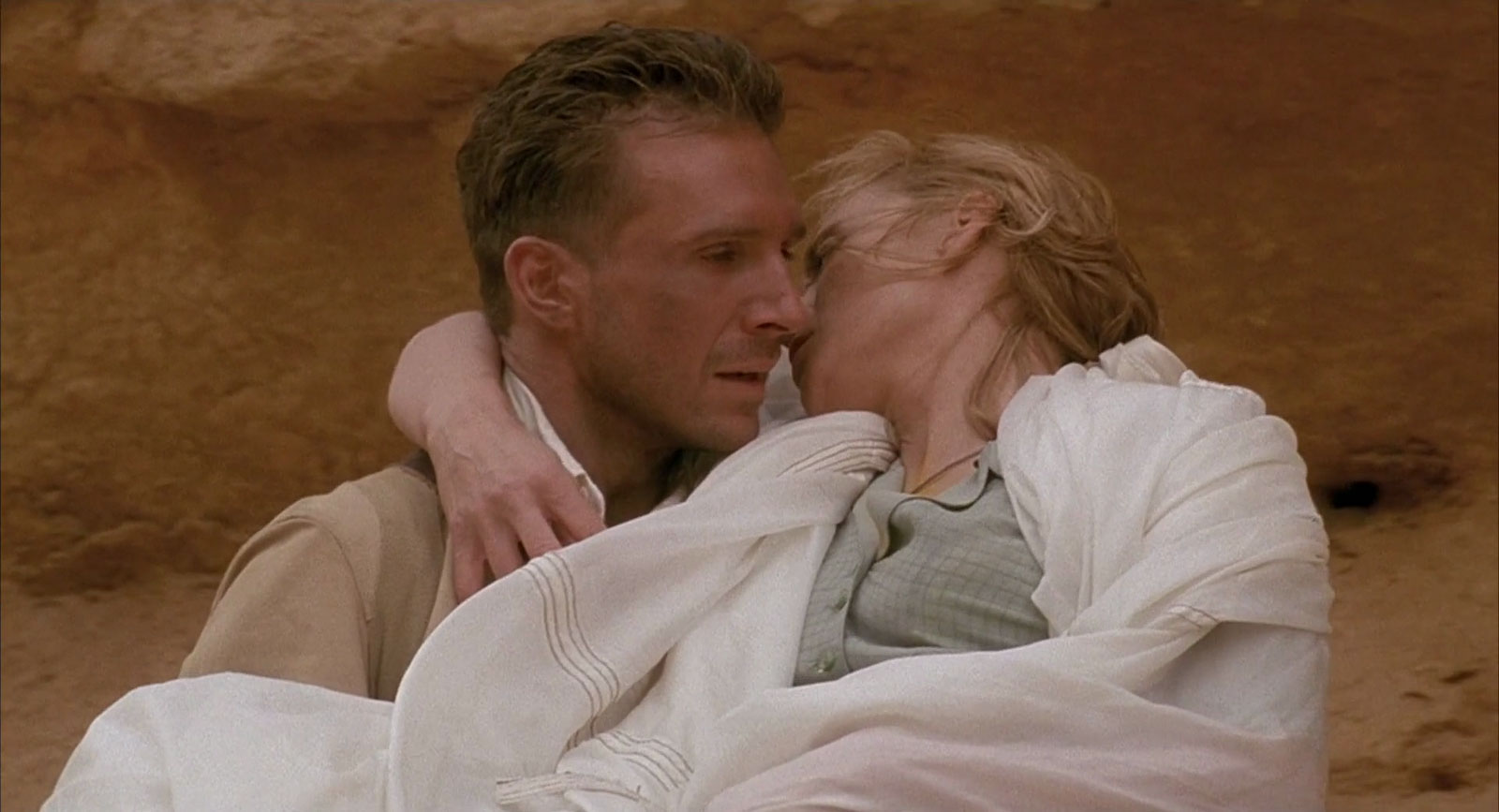
Any sob fest enthusiast should grab a box of tissues and keep some water to rehydrate near to make it through this swooning romantic epic based on the bestselling novel by Michael Ondaatje, in which a badly scarred Hungarian desert explorer who barely survived a plane crash recounts his doomed love affair with a married English woman during World War II while being tended to by a young nurse.
A high-wattage international ensemble cast led by Ralph Fiennes, Kristin Scott Thomas, and Juliette Binoche all make valiant efforts to elevate the hokey melodrama at play with their onscreen gravitas and palpable chemistry, but the last few decades have done nothing if not further cement the early critical backlash the film faced shortly after earning raves and cleaning up at the Oscars over fan favorites like “Fargo”. The film’s divisive reception actually served as the jumping board for one of Seinfeld’s funniest subplots, which finds Elaine as the dissenting voice barely hiding her bitter disdain for “The English Patient” while everyone else around her is obsessed with it.
7. Braveheart (1995)

Mel Gibson muscled his way into the forefront of the 1995 Best Picture race and became a Hollywood icon of old-school masculinity for this testosterone-heavy historical epic that took certain artistic liberties and then some in recounting the life of William Wallace, the 13th-century warrior who led his countrymen into revolt against the forces of King Edward I of England during Scotland’s first war for independence.
Were you to claim that this overbearingly loud, brash, and overstuffed three-plus hour Hollywood bonanza is not exactly a brisk sit, I’m not sure anyone would bicker with you. Frankly, it’s best to go into “Braveheart” willing to overlook any historical inaccuracies, clunky dialogue, and overwrought performances and simply be swept up in its magnitude and operatic battle sequences. Say what you will about Mel Gibson’s god-awful Scottish accent — as far as emblematic speeches and fist-pumping action go, the climax of this Oscar winner is at least guaranteed to get your adrenaline juices pumping.
6. Forrest Gump (1994)
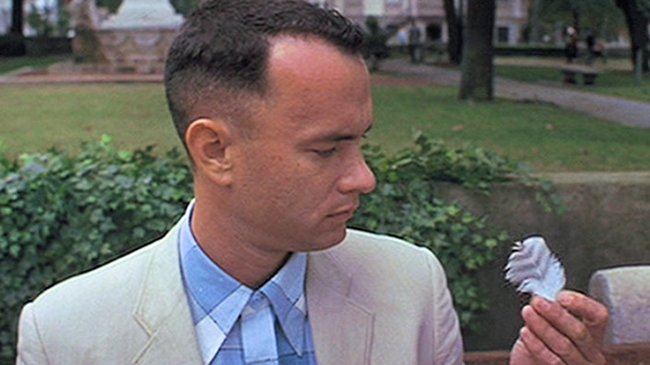
Tom Hanks earned his second Oscar and achieved nearly mythic status as a modern American folk hero for his titular role in Robert Zemeckis’ farcical slice of Americana as the simple-minded but disarmingly lovable Alabama man with an IQ of 75 who rubs shoulders with celebrities and the world’s elite while unwittingly stumbling upon several key historical events of the 20th century.
It’s all too easy to mock “Forrest Gump” for being the safe, square pick that prevailed over that year’s riskier, hip, and far more deserving contender in “Pulp Fiction”. Though far from perfect, the fact that the film constantly wears its earnest sentimentality on its sleeve registers as less of an irritating bug than an endearing feature in today’s cultural discourse where an entire generation of viewers have become so inescapably irony-pilled that they don’t seem capable anymore of emotionally responding to an ultra-sincere tear-jerker without an ounce of self-deflating cynicism.